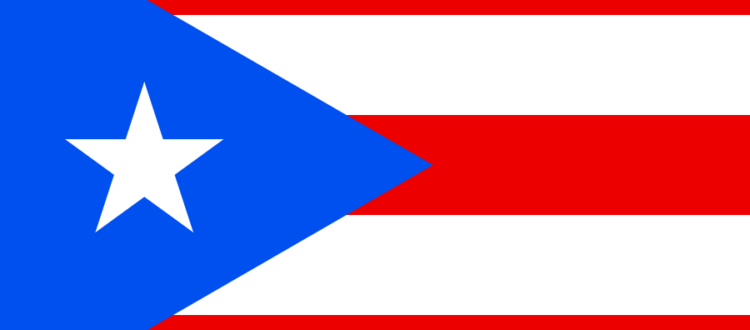Puerto Rico Bill Does Not Address Official English
A new bill in the United States House of Representatives that would create a commission of Puerto Ricans to possibly change the island territory’s relationship with the United States is causing controversy and does not address the pressing issue of official English in Puerto Rico.
The new bill would create a “status convention” for Puerto Rico, and the convention would be comprised of delegates elected by island residents to “develop a long-term solution for Puerto Rico’s status, be that statehood, independence, free association, or any option other than the current territorial arrangement.”
The decision of the convention would be voted on by Puerto Ricans and, if approved, then would be presented to the United States Congress.
The bill has faced pushback from those who support making Puerto Rico the 51st state. Rep. Jose Serrano (D-NY) criticized the bill and stated that “all Puerto Ricans should help determine the future of the island – not just a few.” Rep. Serrano introduced a bill last year to allow for the “admission of Puerto Rico as a state.”
This new bill about a status convention for Puerto Rico, as well as prior bills regarding statehood for Puerto Rico, all fail to address the vital question about official English on the island.
Puerto Rico is mired in a deep financial crisis after the island declared a type of bankruptcy, and currently it is under the supervision of an oversight board.
Puerto Ricans are U.S. citizens but cannot vote for President. Statehood would grant Puerto Rico two senators and five representatives.
ProEnglish Board of Directors Chair Dr. Rosalie Porter has stated that “any legislative attempt by the island to become the 51st state must stipulate that English become its primary official language of the government, courts, and school system.”
Dr. Porter added: “Let’s remember that the 2011 recommendations from President Barack Obama’s Task Force on Puerto Rico’s Status says that if the U.S. commonwealth ever applies for statehood, Congress has ultimate authority over admission and English must play a central role in the daily life of the island. At a minimum, we believe a large majority must become fluent in English for statehood to be even considered.”
Accepting Puerto Rico as a new state, or any other new classification, without a specific designation of English as the primary official language of the island, would automatically transform the United States into a bilingual nation. ProEnglish believes that the U.S. should look to Canada’s experience as a bilingual nation in order to remind us of the potential risks and consequences involved, including sharp cultural and political divisions and much higher costs for government-mandated translation and interpretation services.
It will be extremely expensive for U.S. taxpayers if Puerto Rico becomes the 51st state in the union. This new economic burden, along with potential divisions related to cultural politics and a possible lack of assimilation, and combined with no current demand or stipulation that English become the primary official language of the government, courts, and school system on the island, all serve to make Puerto Rico’s statehood bid a very risky proposition at the present time.

